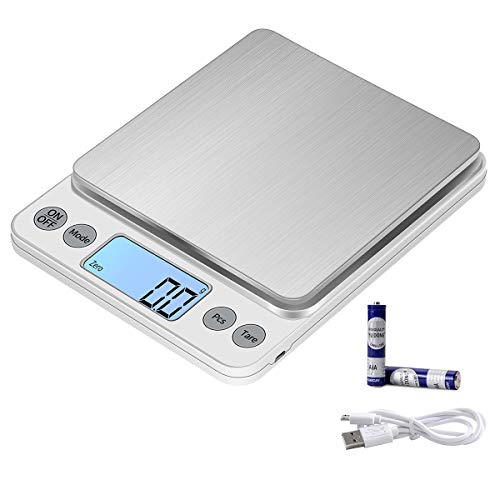Over my years of making soap, and experiencing improvement in my skin, I've come to believe that good, handmade soap can improve our skin, but not by "moisturizing" it, but instead by cleaning it gently, and not stripping away it's natural oils. I think this allows skin to return to it's natural, healthy state.
So do I believe that goat's milk has any benefits for skin when used in soap? I don't, but.....yes, it is good for label appeal. I also believe that there are ingredients that make people perceive soaps made with them as feeling "nicer", whatever that may mean to them. In a blind test that I did, soaps with avocado oil were the overwhelming favorite. So trial and error, with different ingredients and listening to feedback from users is really helpful in developing a good recipe.
 She LOVES it. The saponification would likely destroy anything beneficial in it, but it sure would be creamy.
She LOVES it. The saponification would likely destroy anything beneficial in it, but it sure would be creamy. 















































